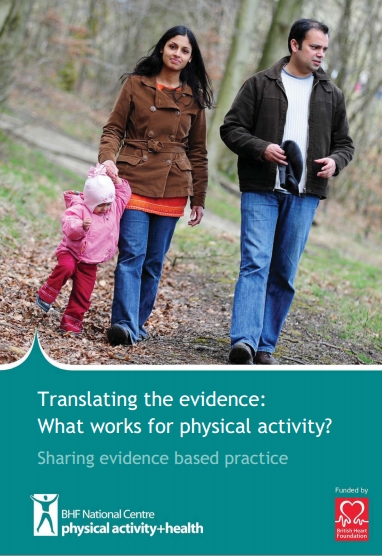About a third of people who have had a stroke have aphasia, making it difficult to speak, understand, read and write. There is evidence that people can continue to improve their language ability for several years. However, it is difficult to provide continued treatment with the intensity required to support improvement because of limited speech and language therapy resources. Specially developed […]
Resources for users choosing... | I am a researcher
Improving Stroke Unit Quality
In 2007 the Department of Health published the National Stroke Strategy that set out the gold standard for stroke care. CLAHRC for South Yorkshire has worked with stroke survivors, hospital staff, relatives and carers to identify aspects of stroke unit care that still need or would benefit from improvement. A briefing paper on Improving Stroke Unit Quality has been produced, and CLAHRC is now […]
‘CACTUS Aphasia Research Group’ CLAHRC SY PPI Workshop, 2nd March 2011, The Source, Sheffield
CACTUS (Cost effectiveness of Computer Assisted Treatment vs Usual Stimulation) is a small scale research project to test whether ongoing therapy, delivered using specially developed software, can help stroke survivors with aphasia improve their speech and language skills. “She’s had her stroke 30 years and she’s never strung a sentence together. It was quite nice […]
IMproving PRevention Of Vascular diseasE in Primary Care (IMPROVE-PC) CLAHRC for Leeds, York and Bradford NIHR

Vascular disease may cause heart attacks and stroke. These are more common in older people but they can happen in younger people too. Smoking, lack of exercise, a poor diet and stress are some of the factors that contribute to the development of vascular disease. This booklet includes examples of evidence-based physical activity projects and programmes […]

